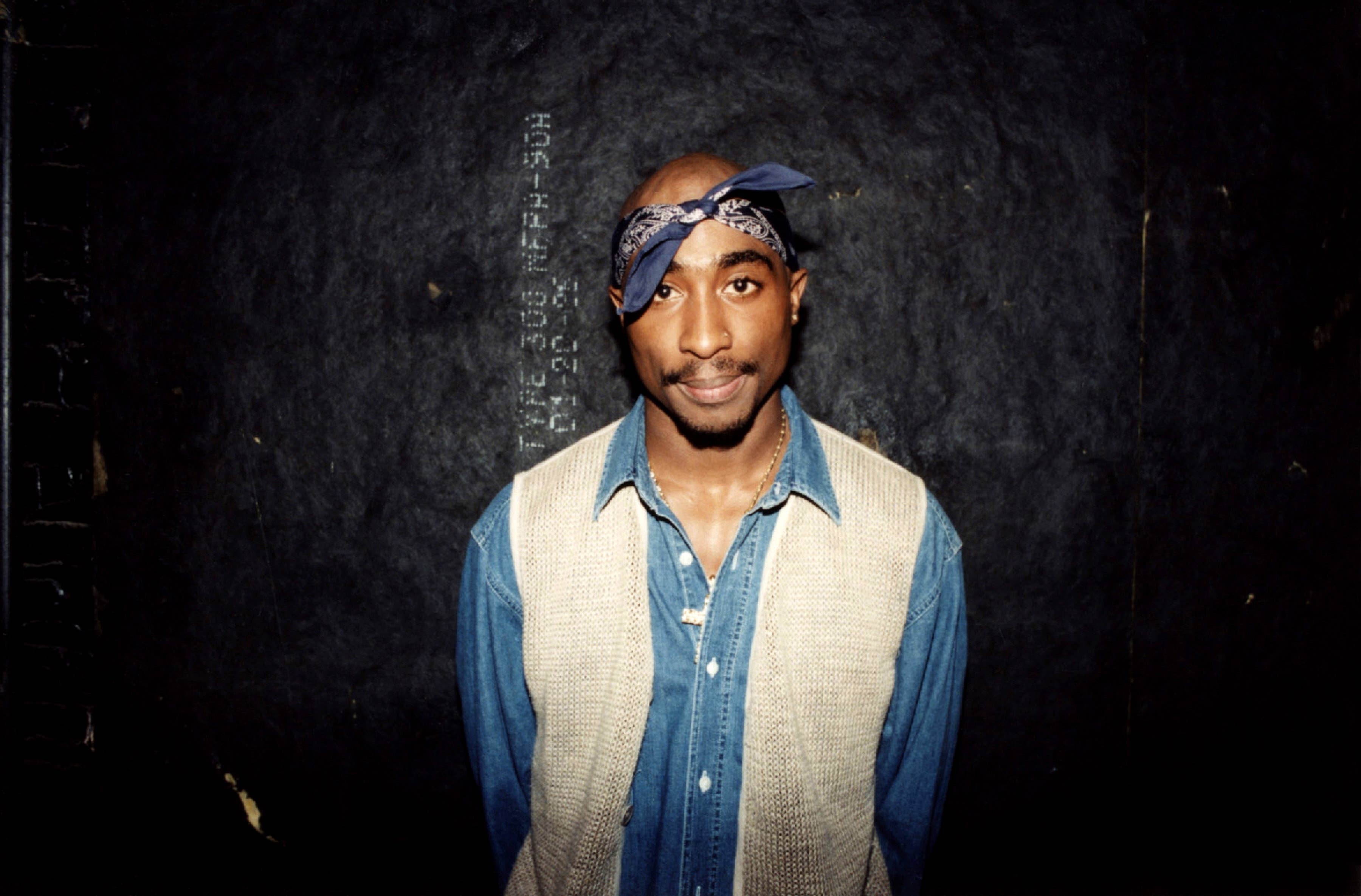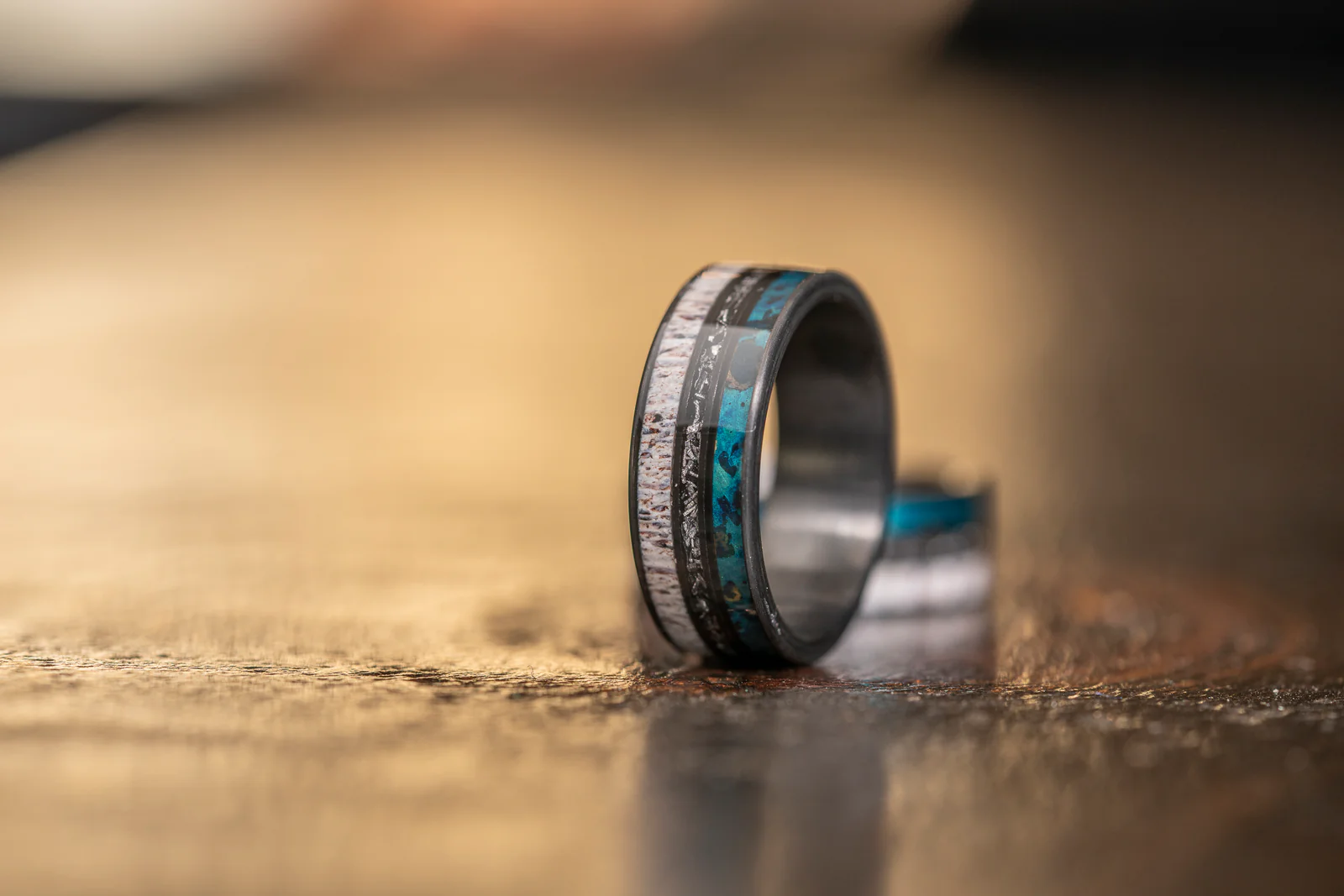Remember those days when the airwaves were pulsating with rhythm, and the streets echoed with beats that spoke the language of the soul? Ah, the 90s – a time when hip-hop reigned supreme, and rap artists carved their names into the annals of music history. Join me on a nostalgic journey as we delve into the world of 90s rappers, reliving the glory days of the Golden Era.
The Birth of a Movement

Picture this: it’s the early 90s, and hip-hop is undergoing a revolution. From the streets of New York City to the neighborhoods of Los Angeles, a new breed of artists emerges, armed with nothing but raw talent and a desire to be heard. Enter the likes of Tupac Shakur, The Notorious B.I.G., and Nas – visionaries who paved the way for a generation of lyricists and storytellers. But what was it about the 90s that birthed such a powerful movement?
The Rise of Gangsta Rap
In the midst of socio-economic turmoil and cultural upheaval, gangsta rap emerged as the voice of the disenfranchised. Artists like Ice Cube, Dr. Dre, and Snoop Dogg used their music to shine a light on the harsh realities of inner-city life, addressing issues of poverty, violence, and systemic oppression. With gritty lyrics and infectious beats, they captured the imagination of listeners worldwide, sparking a cultural phenomenon that would define an era.
East Coast vs. West Coast: The Great Debate
No discussion of 90s rap would be complete without mentioning the legendary feud between the East Coast and West Coast. Fuelled by rivalries between labels like Death Row Records and Bad Boy Entertainment, this epic showdown captivated fans and divided the industry. From the lyrical prowess of East Coast giants like Wu-Tang Clan and Jay-Z to the laid-back vibes of West Coast pioneers like Dr. Dre and Tupac, each coast brought its own unique flavor to the table, setting the stage for some of the most iconic moments in hip-hop history.
The Evolution of Sound
As the decade progressed, so too did the sound of hip-hop. Artists began experimenting with new styles and influences, blending elements of jazz, funk, and soul to create something truly groundbreaking. Acts like A Tribe Called Quest, Outkast, and De La Soul pushed the boundaries of the genre, infusing their music with intellect, humor, and a distinct sense of identity. It was a time of innovation and creativity, as artists sought to redefine what it meant to be a rapper in the modern age.
Cultural Impact and Legacy
Beyond the music itself, 90s rap had a profound cultural impact that resonates to this day. From fashion trends to slang vocabulary, its influence permeated every aspect of popular culture, shaping the way we dress, speak, and interact with one another. Moreover, the messages conveyed in many 90s rap songs continue to hold relevance in today’s world, addressing issues of social justice, racial inequality, and personal empowerment. Indeed, the legacy of 90s rappers extends far beyond the confines of the recording studio, leaving an indelible mark on society as a whole.
The Enduring Legacy
As we reflect on the legacy of 90s rappers, one thing becomes abundantly clear: their impact cannot be overstated. From humble beginnings to global superstardom, these artists defied the odds and changed the course of music history forever. So the next time you find yourself nodding along to the rhythm of a classic 90s track, take a moment to appreciate the pioneers who paved the way – for without them, the landscape of hip-hop would be a very different place indeed.







